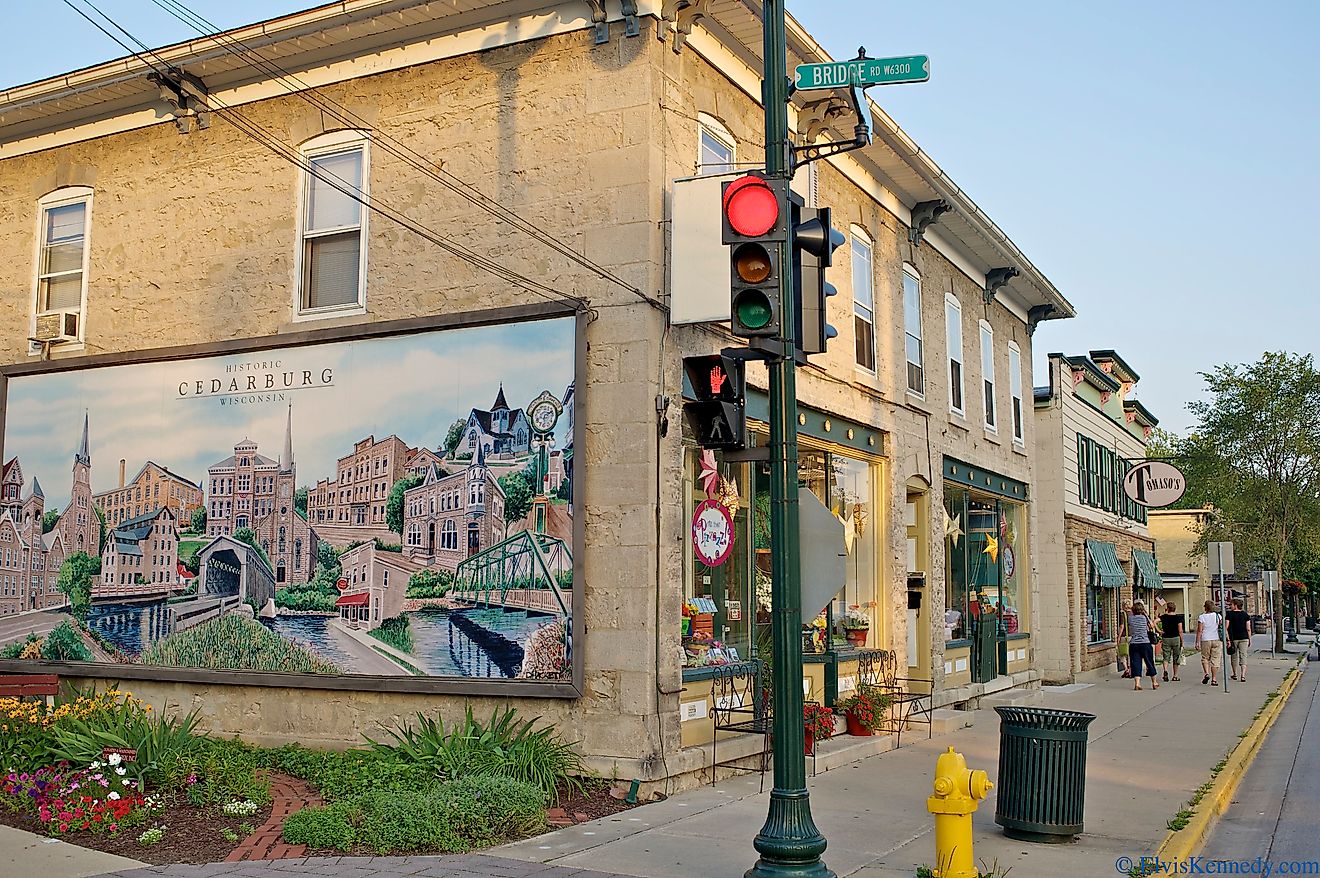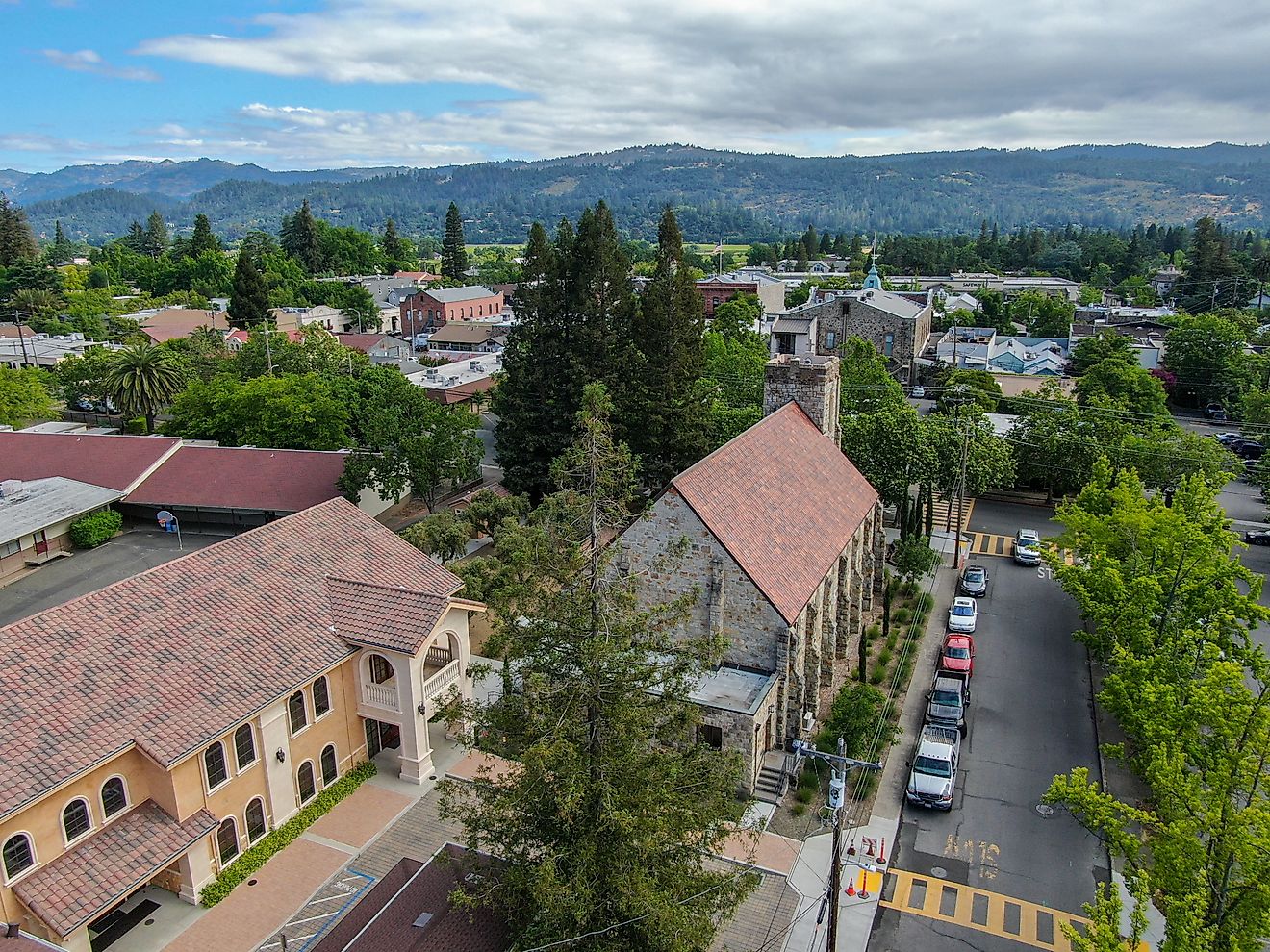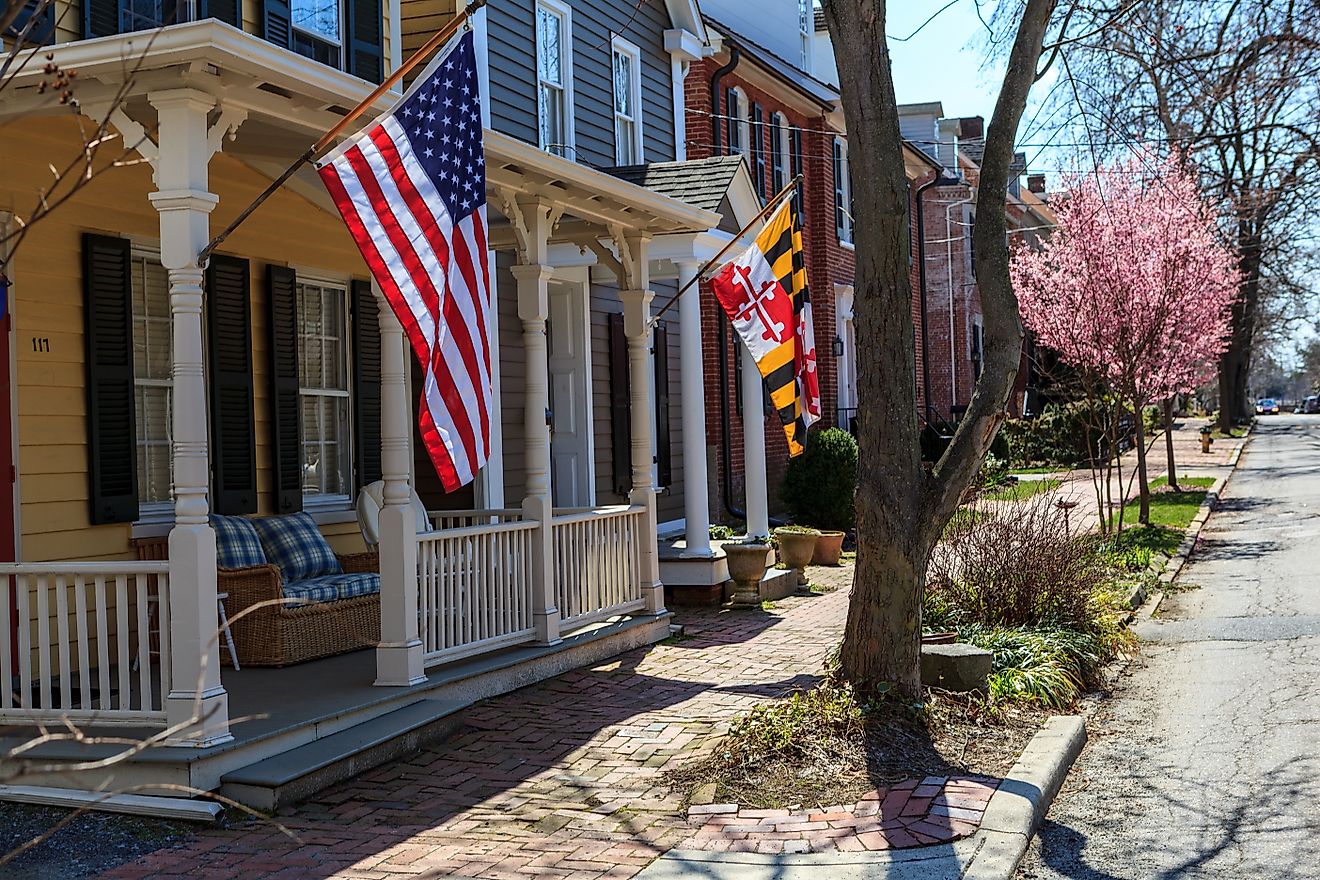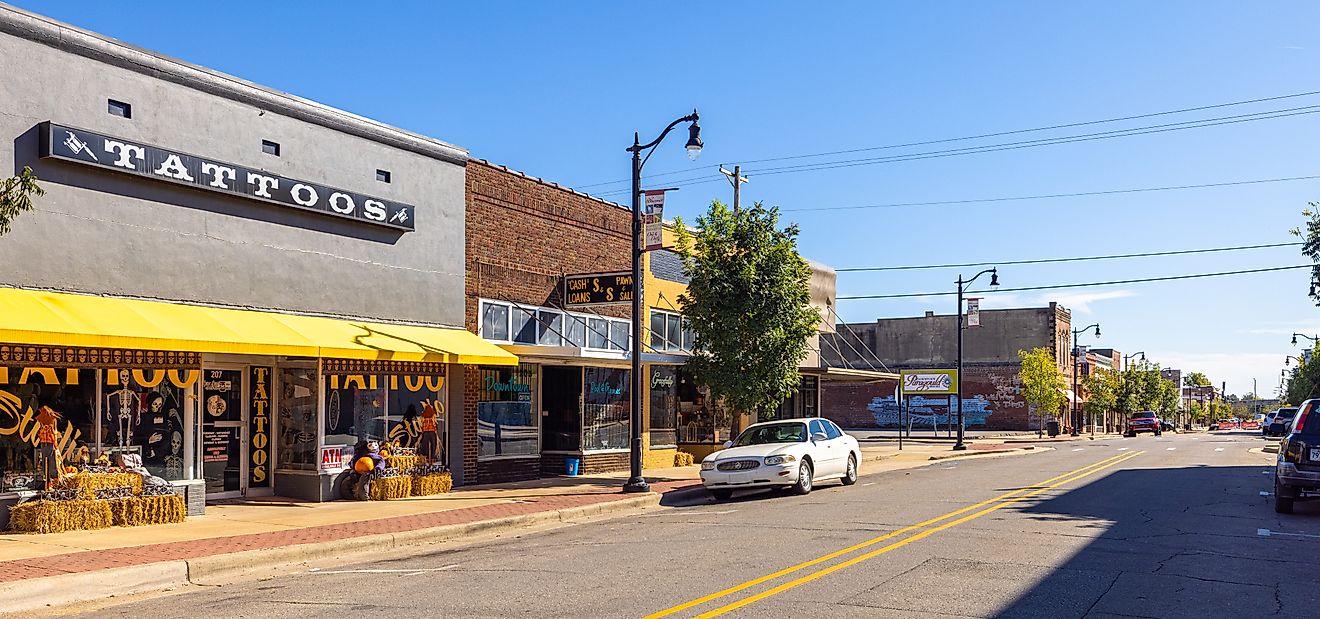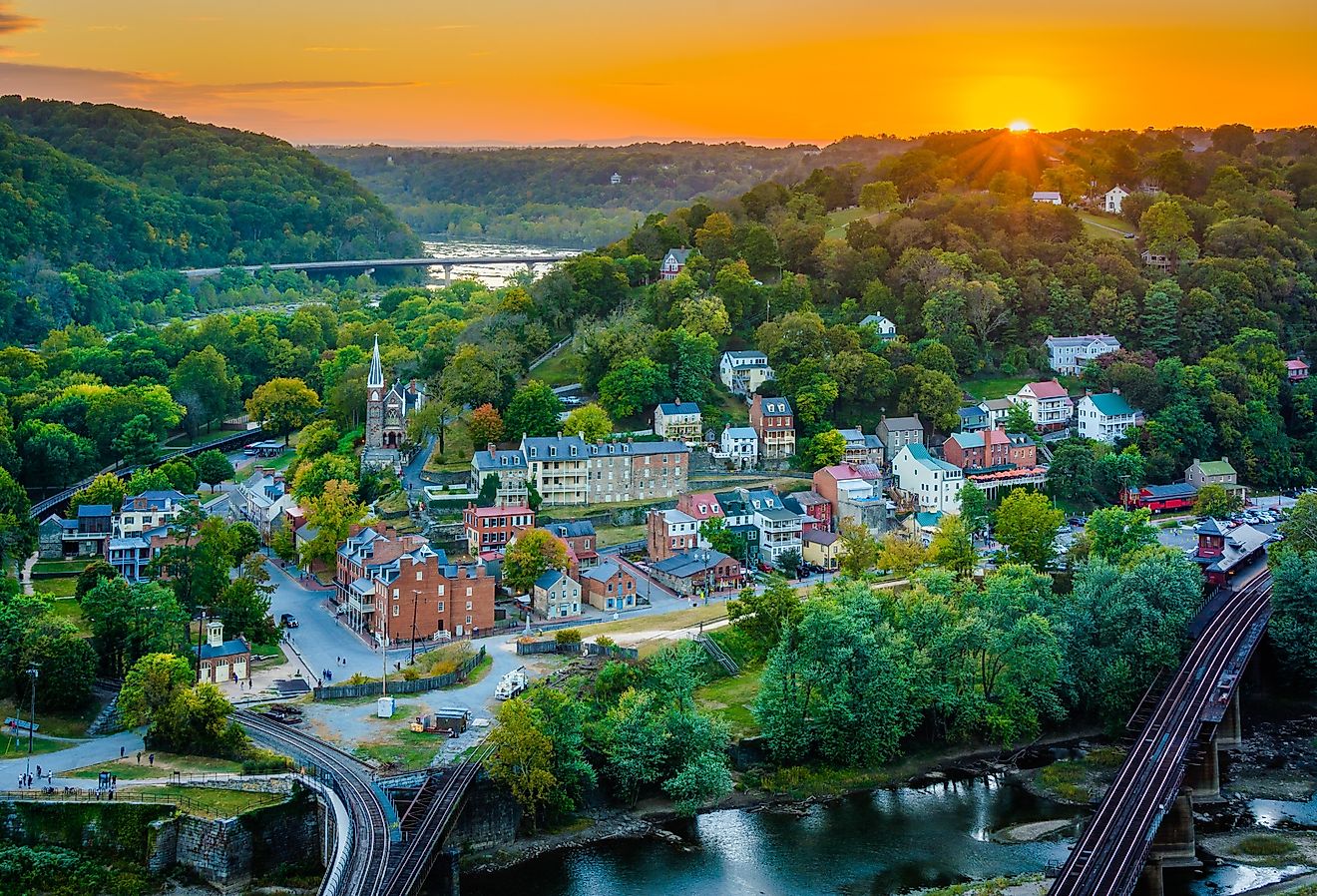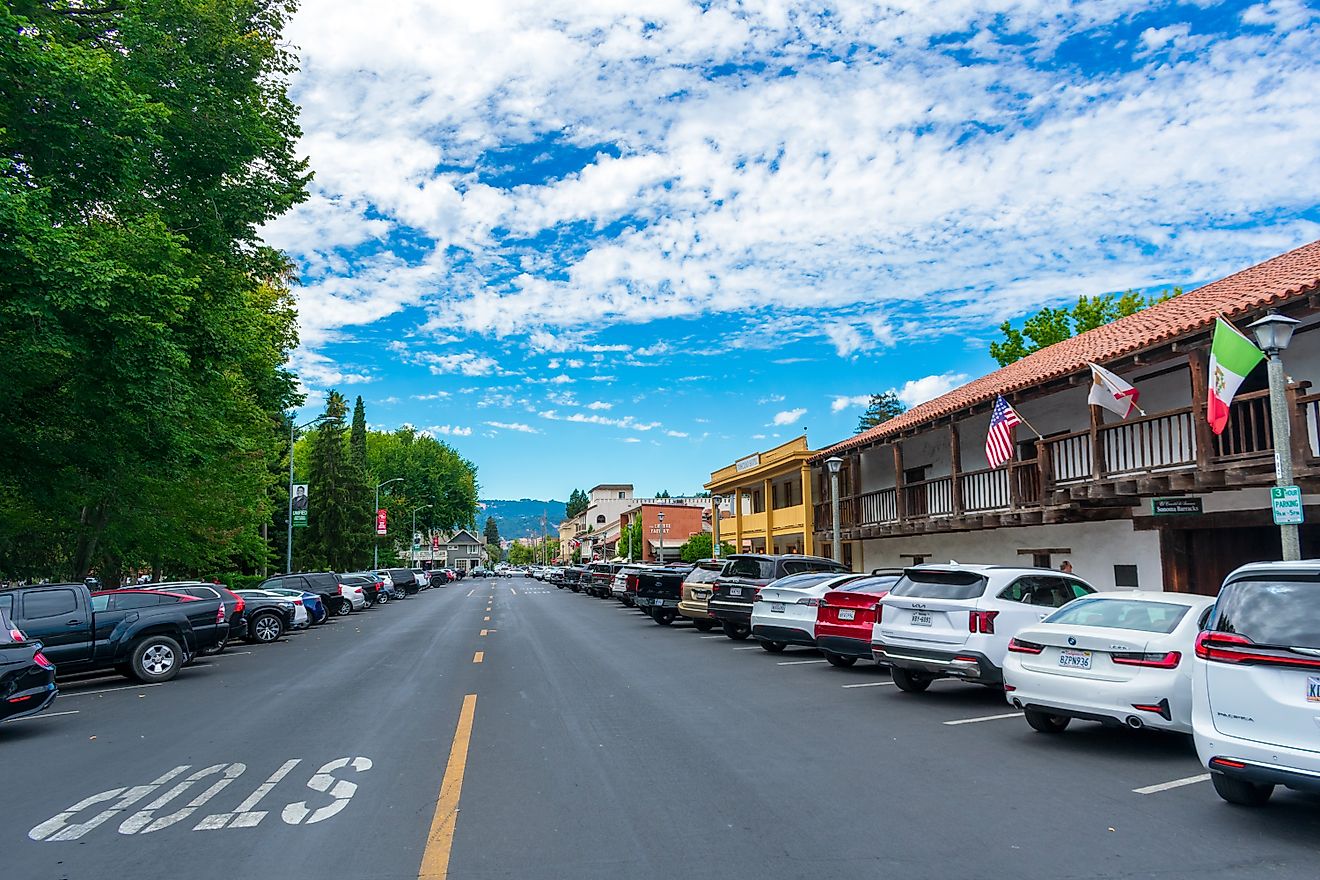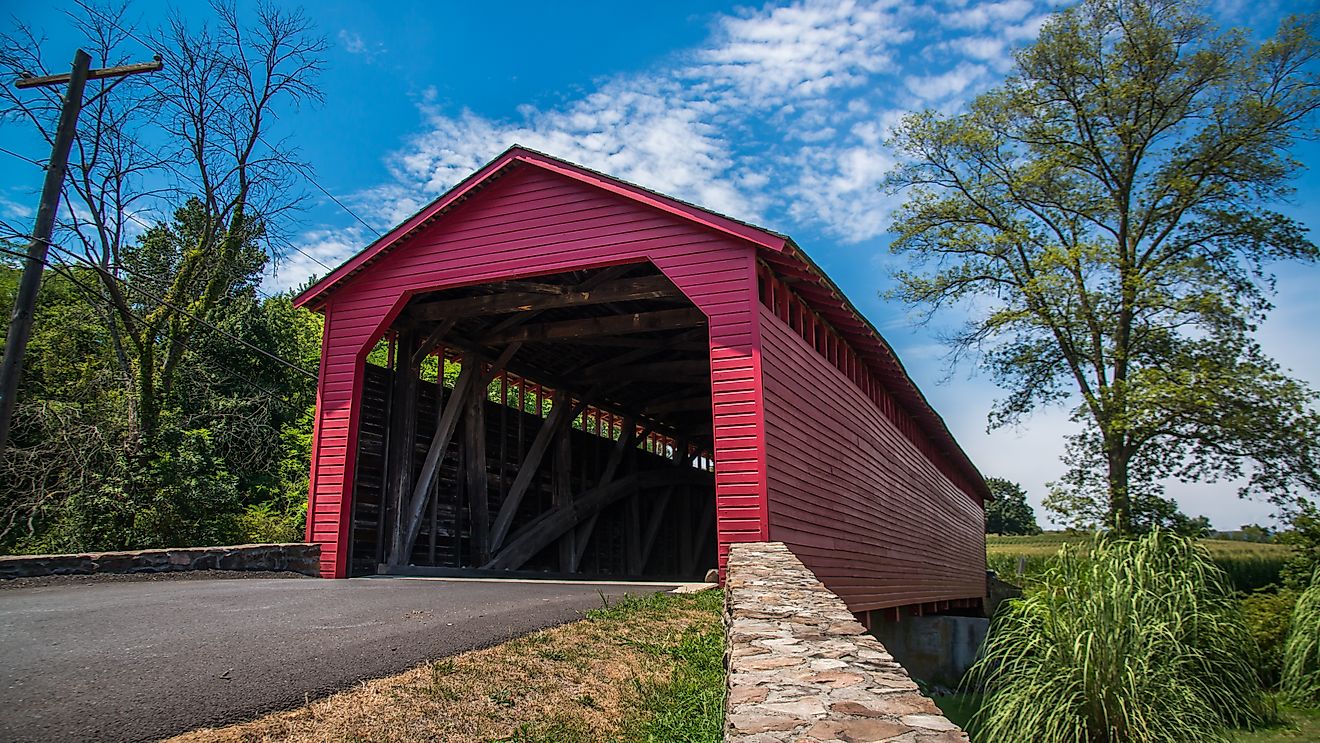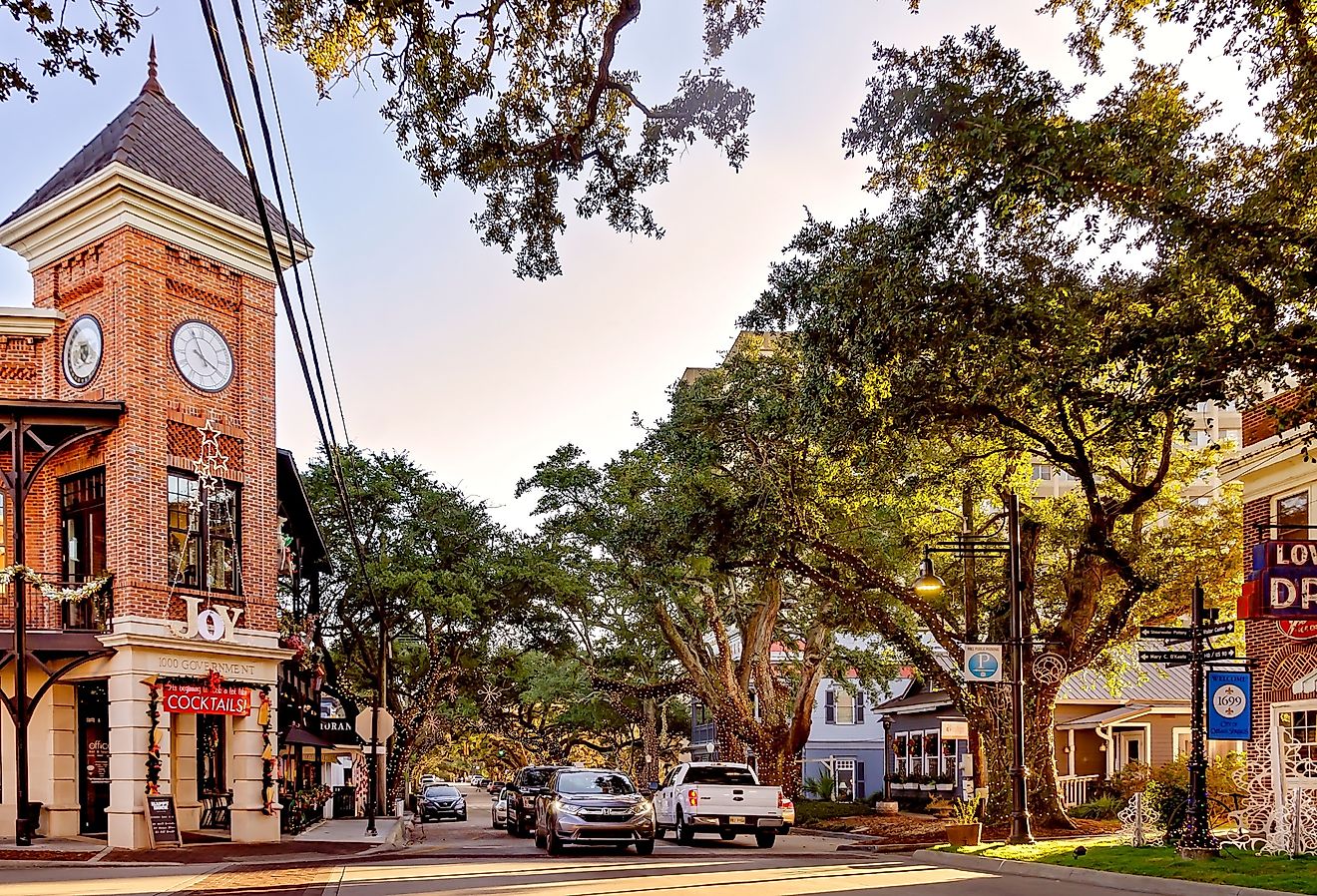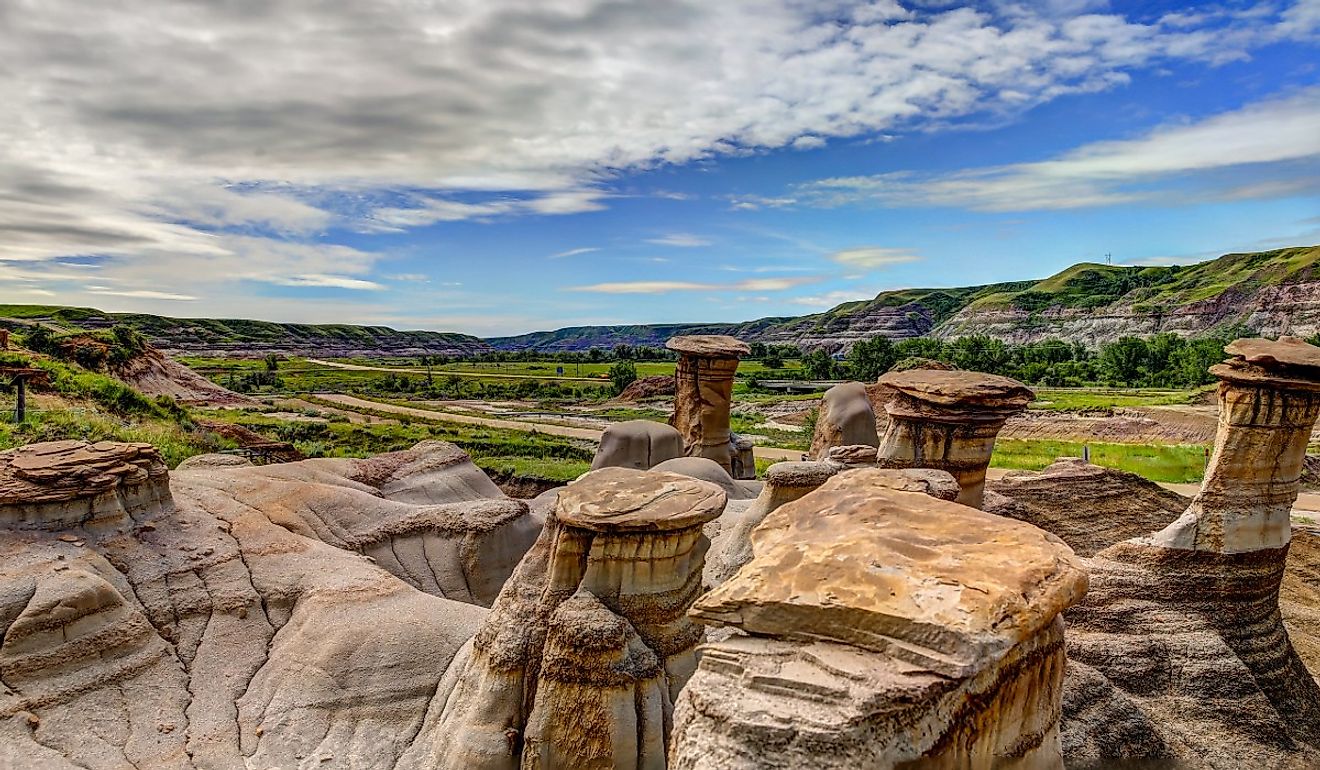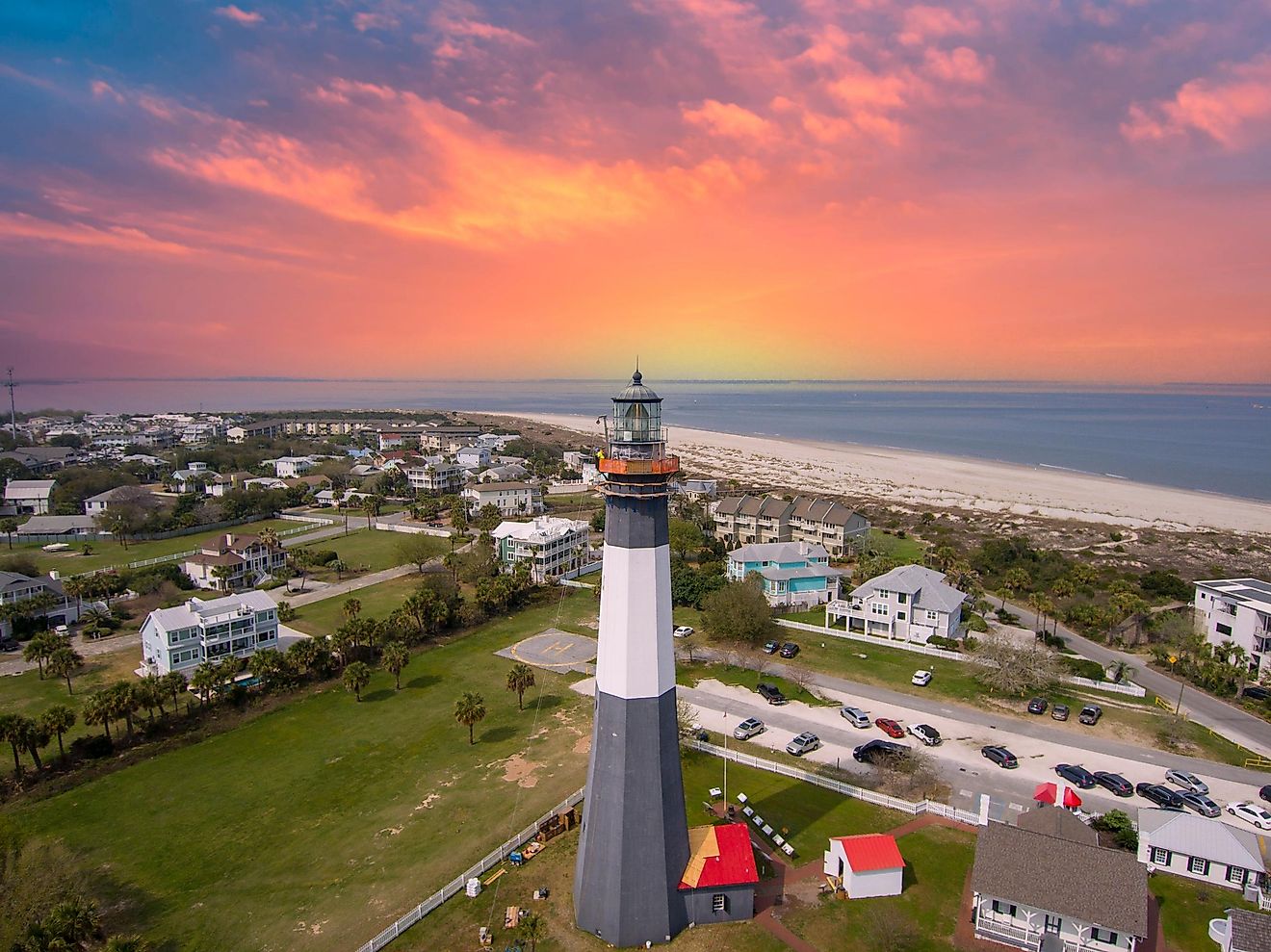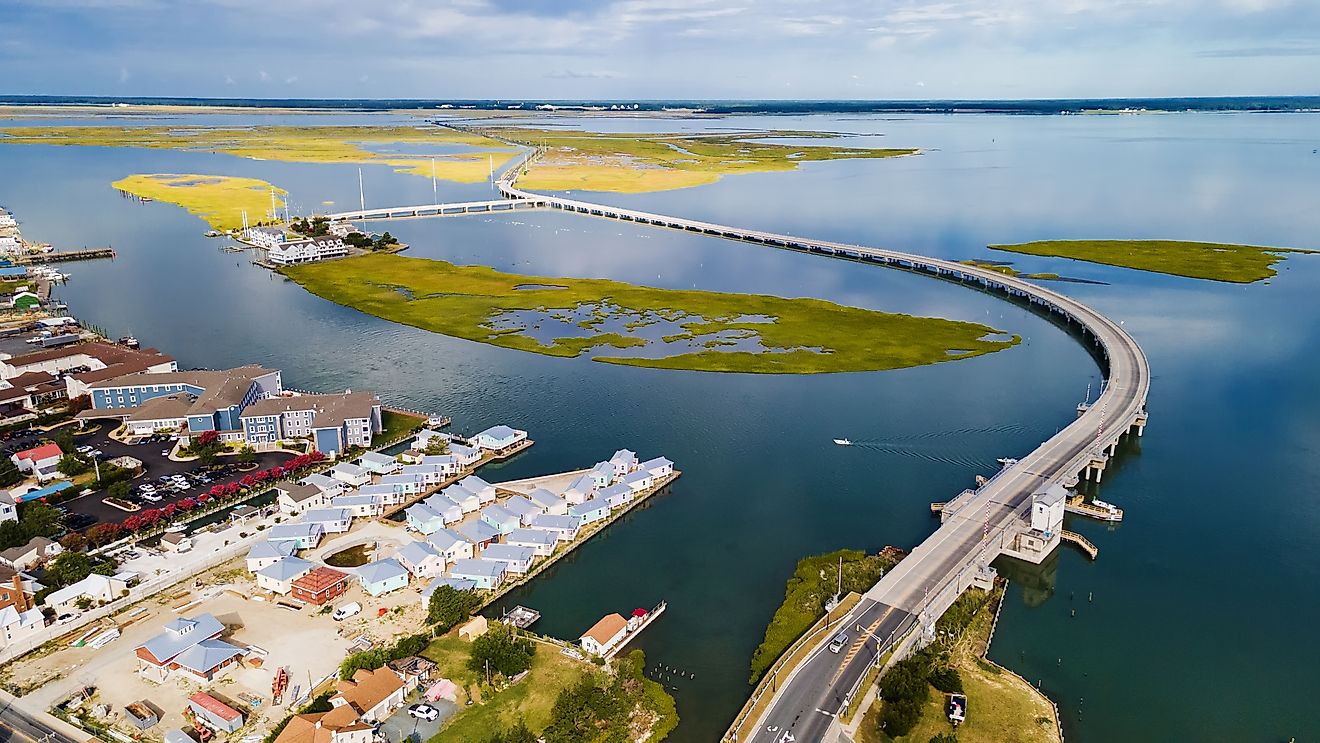
Vicksburg, Mississippi
Vicksburg is a historic city and county seat of Warren County, western Mississippi, United States of America. Today, the city is home to a population of 22,300 people. The historic downtown Vicksburg is the place in the city to go shopping, dining, and entertainment.
Geography Of Vicksburg

The city of Vicksburg covers 91 sq. km, of which 85 sq. km is occupied by land, and 6.2 sq. km or 6.78% is covered by water. The city is located at the confluence of the Yazoo and Mississippi Rivers, especially on a high bluff on the east bank of the Mississippi River across Louisiana, where much of the city is situated. Vicksburg is served by Interstate 20, which opens the city with Cloverleaf interchange that heads out to U.S Route 61 North towards Rolling Fork and Clarksdale before it stretches for another 123.9 km towards Memphis, Tennessee.
The Climate Of Vicksburg
According to the Köppen Climate Classification, Vicksburg has a humid subtropical climate. This climate is characterized by relatively high temperatures and evenly distributed precipitation throughout the year. The average temperature in Vicksburg is 18.2 °C. July has an average temperature of 27.7 °C and is the warmest month, while January is the coolest month during the year with an average temperature of 7.4 °C. Vicksburg gets average precipitation of 1483.4 mm, mostly occurring in December.
The Population Of Vicksburg
In 2019, Vicksburg had a population of 22,300 people with a median age of 35.5 and a population density of 253 people per square kilometer. The city's population has decreased by -1.65% between 2018 and 2019. The largest ethnic groups in Vicksburg are Black or African American. They represent 67.5% of the city's population, White, most of whom are considered non-Hispanic, at 28.1%, Two or more races at 1.5 %, and the Hispanic community at 1.27%. All households in Vicksburg speak English at home as their primary language.
The Economy Of Vicksburg
The median household income in Vicksburg is $32,072, which is lower than the median annual income of $65,712 across the entire United States. The economy of the city employs around 40% of the residents in different industries. Accommodation & Food Services, Health Care & Social Assistance, and Manufacturing are the largest industries. Transportation & Warehousing & Utilities and Professional & Technical Services are the highest paying ones.
Brief History Of Vicksburg

The area was first settled by the Frenchmen who built Fort-Saint-Pierre in 1719 on the high bluffs. The settlement was soon wiped out by Native Americans 10 years later. In 1790, the Spaniards established a military outpost known as Nogales, later called Walnut Hills. A community was developed nearby and was named for Newitt Vick, a Methodist minister who laid out the town. The settlement developed and prospered as a shipping point.
During the 1800s, river travel up and down the Mississippi was dangerous. Although the Steamboat Act of 1838 made passenger safety requirements federal law, inspections and certifications were extremely hard, making the law effectively unenforceable.
The dangerous conditions of river travel pushed railroads to develop and make insignificant inroads throughout the lower Mississippi River regions. In 1846, the track spanned the state and was renamed the Vicksburg & Meridian Railroad, the only east-west railroad that operated between Memphis and New Orleans.
Due to its strategic location, Vicksburg was besieged by Union forces that aimed to control the Mississippi River during the American Civil War. It surrendered in July of 1863. When the Great Mississippi Flood of 1927 happened, hundreds of thousands of acres were destroyed. Vicksburg became the primary gathering point for refugees.
Visiting Vicksburg

The city of Vicksburg offers visitors a good selection of historical and cultural attractions. Art lovers can stroll by the collection of Riverfront Mural in Levee Street and view the collections on display at the H.C. Porter Gallery and Attic Gallery. History lovers can learn about the city's significance during the Civil War at Vicksburg National Military Park. Visitors can also go on tours in the Old Depot Museum, Old Court House Museum, and the Jacqueline House Museum. Vicksburg is also home to twelve fabulous historic homes open for tours.
